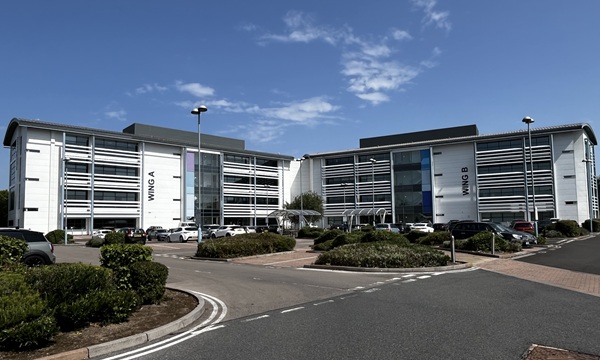
Cardiff Council has approved its 2025/26 budget, which will see more money for schools, social services, cleaner streets, and drain maintenance, alongside improvements to neighbourhood centres.
The agreed budget will see Cardiff now have the lowest council tax levels of any council in Wales, the authority said.
Several factors, including inflation, demand pressures, and expected pay increases for teachers, social workers, and other public sector employees, mean the council's budget for delivering day-to-day services like education, social care, refuse collection, parks, and libraries is set to cost over £67.2 million more in the next financial year than it has this year, it said.
Extra funding from Welsh Government has meant the council could reduce the budget gap from £67.2 million to £27.7 million.
Around 60 posts at the council are expected to be lost. The council said it would seek to do this through non-replacement of vacancies and voluntary redundancy. Reductions in management roles are expected to save £800,000.
As part of its Budget, the council reaffirmed its commitment to its 2025/26 -2029/30, five-year Capital spend programme. Total capital programme expenditure for 2025/26 is projected to be £506 million, with a five-year total of more than £1.5 billion.
The programme includes:
- £136.1 million to develop Cardiff Cross Rail, cycle routes, improve transport infrastructure, encourage active travel and sustainability, subject to grant funding
- £41.4 million investment in highway infrastructure
- £207.2 million on economic development initiatives, including the International Sports Village and new Indoor Arena, which is primarily developer funded.
Cabinet Member for Finance, Modernisation and Performance, Cllr Chris Weaver, said:
“Demand for council services is increasing due to several factors. The cost-of-living crisis has led to more people presenting as homeless in the city, from families who can no longer afford rents or mortgages to single individuals facing similar challenges.
“Additionally, Cardiff's ageing population means more people require our support each year, including those needing dementia services. We are also seeing a rise in the number of children with Additional Learning Needs who need specialist support. These are vitally important services, and we have to do our best to ensure people get the help they need and deserve.
“Delivering education and social care – supporting children, adults, and older people – accounts for over 70% of the council's budget. In recent years, the cost of providing these essential services has risen significantly.
“To address these challenges, since 2022, we've opened or expanded 10 schools, built 900 new council homes with plans for 1,900 more, and helped residents access over £52 million in benefits. We've also worked to regenerate parts of the city and invested in local hubs and libraries where people can come for help and advice.
“We want to continue this important work but, if we don't raise council tax, we won't be able to protect the services our residents value most. This increase, one of the lowest in Wales, will generate an additional £9.4 million, ensuring we can continue to provide the services our residents rely on. Importantly, support will be available through the Council Tax reduction scheme for those who need it.
“However, this increase alone isn't enough. We will also implement over £18 million in back-office savings, revenue generation and other corporate measures next year.
“Regrettably, around 60 positions will be lost across the council, following the loss of 160 roles last year. We are committed to finding efficiencies and changing how we work to minimize the impact on our frontline services.
“We want our residents to know that we have listened to their feedback. Our proposals aim to safeguard the services that matter most to them – education, support for the vulnerable, and social care.”














